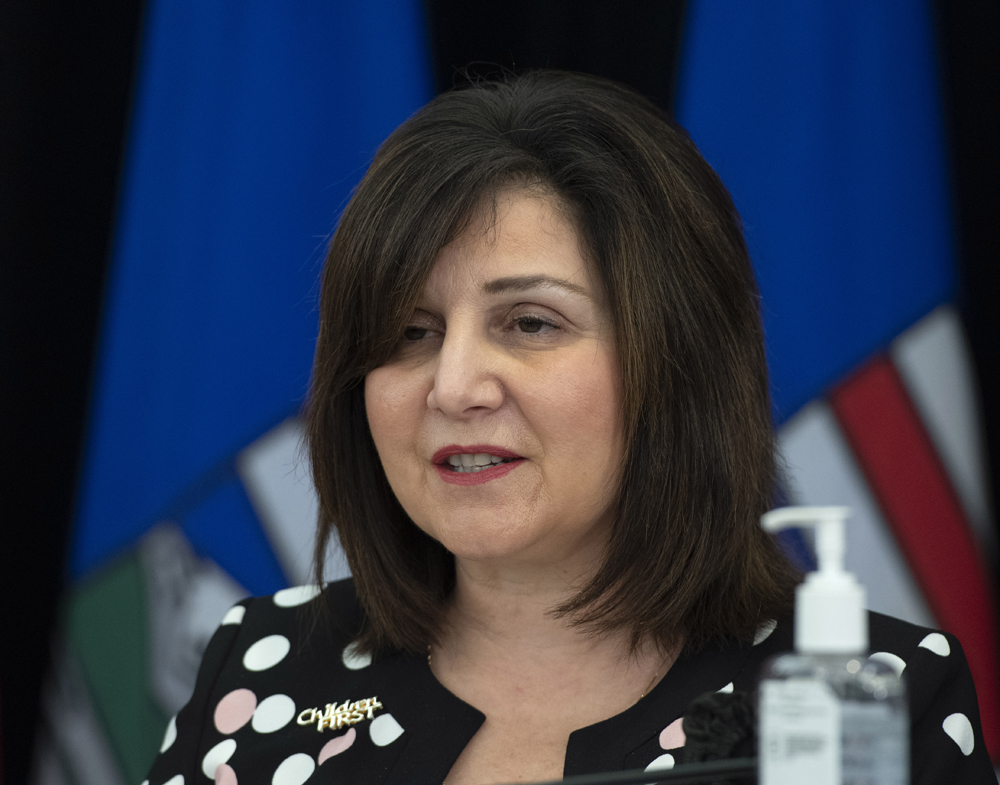Up to $45 million in new funding is available for students who require additional help with literacy and numeracy skills after two school years of pandemic-impacted learning.
“We know that literacy and numeracy are critical for young students and getting timely help at the start of the upcoming school year will ensure that all students are set up for future learning success. Alberta has worked hard to keep schools open through most of the pandemic, but we know that many children have still been set back in their learning. Today’s announcement reflects our real commitment to addressing that,” said Premier Jason Kenney.
The programming is based on feedback from superintendents from school divisions throughout the province on how to best support early learners.
Early research indicates literacy and numeracy are two key areas where some younger children are experiencing challenges as a result of the pandemic.
Research also indicates that early intervention with struggling readers can help students catch up to grade level, however, without intervention, those students could continue to struggle with reading throughout their school lives.
“We know the COVID-19 crisis has created an unprecedented need among younger students and schools that intervene quickly are able to help struggling students catch up to grade level. And we recognize that literacy and numeracy are essential and the building blocks for future learning. This investment is to ensure that students who have experienced learning loss get the timely help they need so that no student is left behind,” said the Minister of Education, Adriana LaGrange.
School authorities will have the flexibility to design programming to best meet local needs by offering small group sessions for up to 16 weeks for students in Grades 1 to 3 who are assessed as needing additional support.
In March, a voluntary program for schools was launched to assess the impact of the pandemic, which focuses on reading deficits among early learners.
A professor in the Department of Educational Psychology at the University of Alberta, George Georgiou, found that in the fall of 2020, some students in Grade 1 through 3 were reading about eight to 12 months behind grade level.
Schools that intervened quickly with struggling readers were able to help about 80 per cent of those students catch up to grade level.
Previous research indicated that if reading difficulties are not addressed by the end of Grade 3, 75 per cent of those students could continue to struggle with reading throughout their school lives.
Based on modelling and input from school authorities, it is anticipated that approximately an additional 15 per cent of students in Grades 1 to 3 will need literacy and numeracy support next school year, directly due to COVID-related learning disruptions.
While it will not be known for certain until assessments take place in September and applications are received, up to 50,000 students are expected to benefit from the additional programming.









